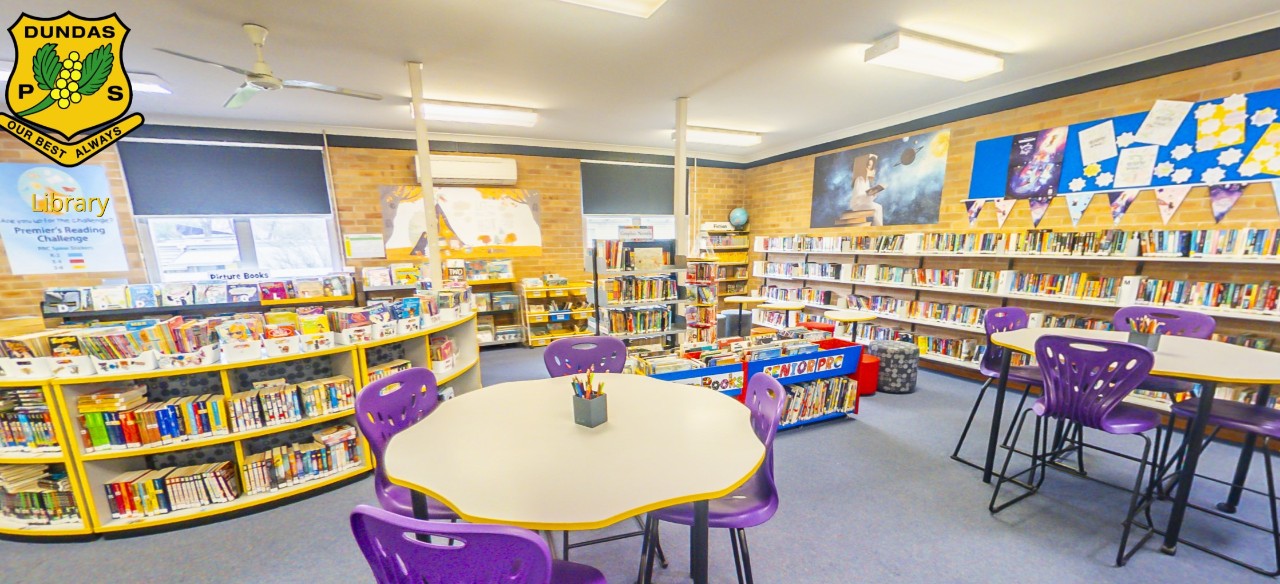School libraries are often seen as mere collections of books, but they are much more than that; they are dynamic learning environments that significantly enhance students' educational journeys. The benefits of a well-resourced and well-managed school library are manifold, impacting students’ academic performance, personal development, and social skills.
1. Promoting literacy and a love for reading
One of the most significant advantages of a school library is its ability to foster a love for reading. With access to a diverse array of books across various genres and topics, students are encouraged to explore new ideas and perspectives. This exposure not only improves literacy skills but also ignites curiosity and imagination, making reading an enjoyable and enriching experience.
2. Supporting independent research and critical thinking
School libraries provide essential resources for research, allowing students to delve into subjects that interest them. With access to both physical books and digital resources, students learn how to locate, evaluate, and synthesise information effectively. This process enhances their critical thinking skills, enabling them to question, analyse, and draw conclusions—skills that are vital for academic success and informed citizenship.
3. Fostering collaboration and social skills
Modern school libraries often serve as collaborative spaces where students can work together on projects or participate in group activities. These interactions help develop important social skills such as teamwork, communication, and conflict resolution. Additionally, librarians frequently organise workshops, book clubs, and events that encourage students to connect with one another and build a sense of community.
4. Providing a safe and supportive environment
For many students, the school library is a refuge—a quiet space where they can escape the hustle and bustle of the school day. This safe and supportive environment is conducive to focused study, reflection, and creativity. Librarians play a crucial role in creating a welcoming atmosphere, offering guidance, and providing resources that cater to diverse learning needs.
5. Enhancing digital literacy
In our increasingly digital world, school libraries are pivotal in teaching students how to navigate and utilise technology effectively. Through access to computers, online databases, and digital literacy programs, students learn how to responsibly use digital resources for research and communication. This skill set is essential for success in both their academic pursuits and future careers.




